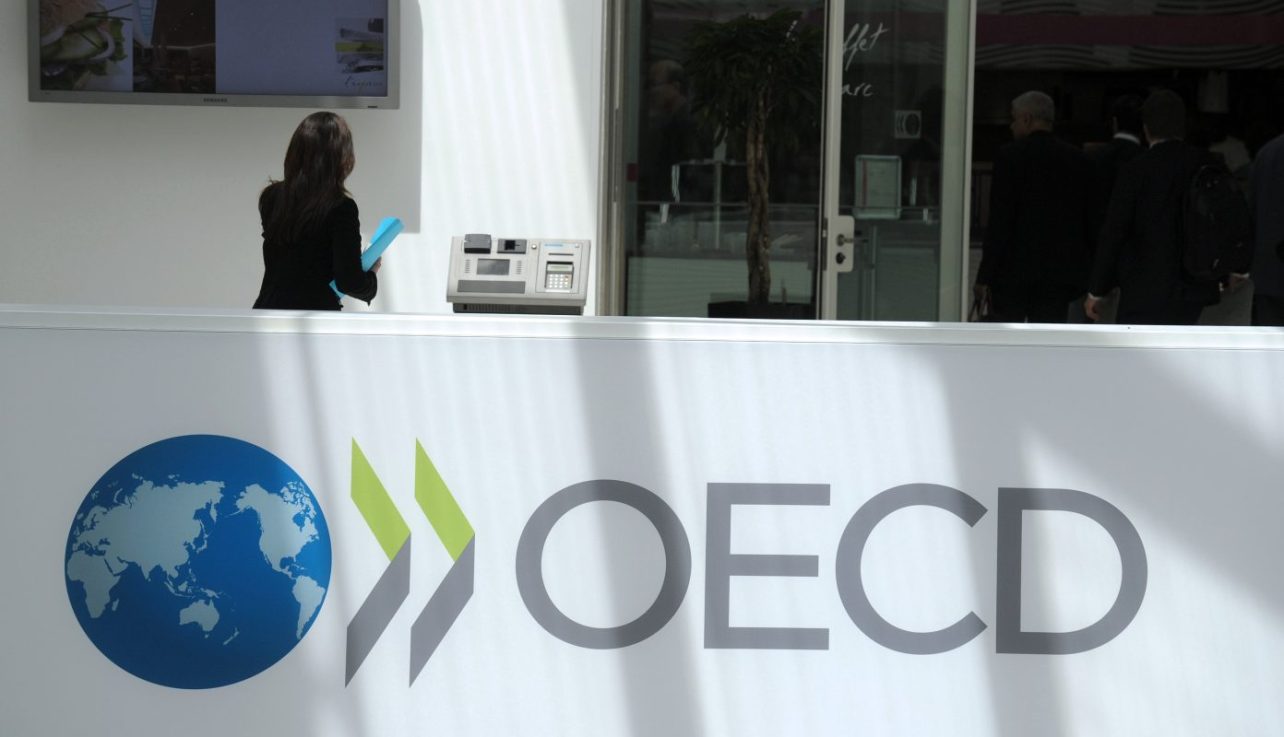Public spending to ‘boost growth’ next year, but inflation also set to spike
In its latest economic outlook, the Organisation for Economic Co-operation and Development (OECD) projected that growth would pick up to 1.7 per cent in 2025.


The Budget will provide a big boost to the economy next year, new forecasts suggest, although this will be at the cost of higher inflation.
In its latest economic outlook, the Organisation for Economic Co-operation and Development (OECD) projected that growth would pick up to 1.7 per cent in 2025.
This would be an acceleration from 0.9 per cent this year and represents a large upgrade from the OECD’s September projection of 1.1 per cent.
The boost to growth will come as a result of higher public spending, after Chancellor Rachel Reeves set out plans to lift spending by £70bn a year in the Budget.
“Government consumption and investment will boost growth in 2025, owing to front-loaded fiscal loosening,” the OECD said.
However, the Paris-based organisation said this would leave the UK expanding above its potential growth rate, meaning inflation will remain stubbornly above the Bank of England’s two per cent target for the next two years.
“Wage-driven pressures on the price of services and the fiscal stimulus will keep underlying price pressures elevated, leaving headline inflation above target over 2025-26,” it said.
Looking into 2026, growth will then slow to 1.3 per cent, the OECD said. This was a slight upgrade on its September estimate of 1.2 per cent.
The slowdown would come as the £40bn in Budget tax hikes start to weigh on private consumption, while additional public investment would “crowd out business investment”.
The OECD’s forecasts offer a similar view to projections from the Office for Budget Responsibility, who suggested that the Budget would provide a “temporary boost” to the economy.
To generate more lasting positive impact, the OECD urged the government to address the ongoing decline in labour market participation.
Official figures suggest the UK is the only country where the participation rate is lower now than it was pre-pandemic, which has weighed on potential supply.
The OECD suggested the government could reform the Work Capability Assessment, deliver the extension in childcare support promised by Jeremy Hunt and overhaul the Apprenticeship Levy.
It also said the government needed to be careful to make sure the new fiscal rules “preserve fiscal sustainability and support productivity-enhancing public investment”.
Reeves changed the measure of debt targeted in the fiscal rules so that it includes the financial value of government assets, like student loans.
This allowed her to significantly increase public investment, but that there are some concerns that it may also make international investors more wary of UK government debt.
Leaving aside the impact of the Budget, the OECD said that the underlying momentum of the economy was “positive”.
It pointed out that retail sales have been on an upward trend since early 2024, while private credit has been growing since January following 11 months of contraction.
Chancellor Reeves welcomed the report. “Growth is our number one priority, and the OECD upgrade will mean the UK is the fastest growing European economy in the G7 over the next three years,” she said.
“That is only the start. Growth only matters if it’s matched by more money in people’s pockets.”



